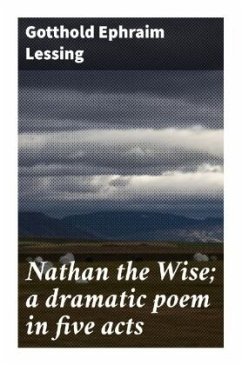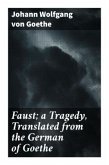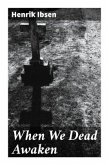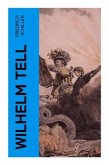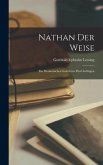In "Nathan the Wise," Gotthold Ephraim Lessing presents a compelling exploration of religious tolerance and human empathy through the medium of a dramatic poem structured in five acts. Set in Jerusalem during the tumultuous period of the Crusades, the play intricately weaves the tales of its characters-Nathan, a Jewish merchant; Saladin, the Muslim sultan; and the Christian templar, Lichtenthal-into a poignant narrative that emphasizes the importance of understanding and coexistence among differing faiths. Lessing's literary style combines philosophical depth with emotional resonance, reflecting the Enlightenment ideals of reason and compassion, which were burgeoning in the 18th century. The play challenges the audience to evaluate the nature of wisdom and the moral imperatives that transcend sectarian divides. Lessing, a prominent figure of the German Enlightenment, was deeply influenced by the religious conflicts of his time, which permeated European society. His advocacy for rational thought and humanistic values is showcased in his writings, and "Nathan the Wise" serves as a culmination of his quest for dialogue between religions, portraying the wisdom found in mutual respect rather than dogmatic belief. Lessing's personal encounters with religious discrimination further fuel the urgency of his themes, making this work a poignant call for unity. This masterful play is essential reading for anyone interested in not only literature but also the philosophical and ethical questions surrounding religious identity and societal harmony. Lessing's eloquent prose and rich character development invite readers to reflect on their own beliefs and the universal quest for understanding in a world marked by division. "Nathan the Wise" remains a timeless piece that speaks profoundly to contemporary issues of tolerance and acceptance.
Bitte wählen Sie Ihr Anliegen aus.
Rechnungen
Retourenschein anfordern
Bestellstatus
Storno

